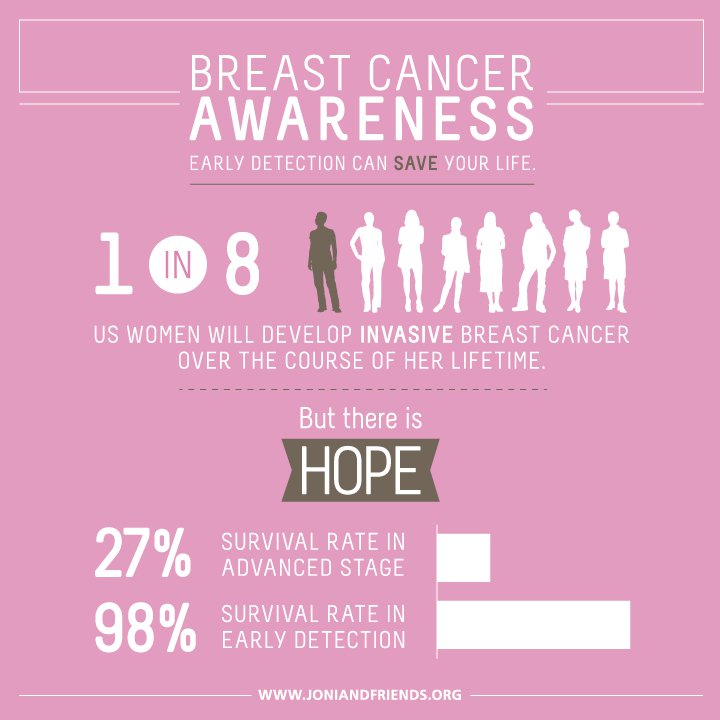
Diagnosed with Cancer? Your two greatest challenges are understanding cancer and understanding possible side effects from chemo and radiation. Knowledge is Power!
Learn about conventional, complementary, and integrative therapies.
Dealing with treatment side effects? Learn about evidence-based therapies to alleviate your symptoms.
Click the orange button to the right to learn more.
- You are here:
- Home »
- Blog »
- side effects ID and prevention »
- Ivermectin- Triple-Negative Breast Cancer
Ivermectin- Triple-Negative Breast Cancer

According to research triple-negative breast cancer (TNBC) is the most aggressive forms of breast cancer and, TNBC has spread, it has a difficult five-year survival rate.
The studies linked and excerpted below are why I’m blogging about a cancer that I know little about. When I read studies that cite odd combinations of therapy that may produce a remarkable outcome, I’m all in.
I’m a long-term survivor of a very different type of cancer called multiple myeloma. I research and write about cancer issues that I’ve learned about since my own cancer diagnosis in early 1994.
Oncologists are generally well-educated, knowledgeable people. It is possible, however, that he/she may not know that much about triple-negative breast cancer and the principles outlined in the studies lined below.
In addition, I’ve learned that it is in your best interest to think about the big picture. By this I mean that you, the cancer patient, should think about the many short, long-term and late stage side effects that conventional chemotherapy and radiation therapies can bring.
One of the best examples of thinking outside the conventional oncology box is nutritional supplementation. Countless oncologists caution cancer patients against nutritional supplementation. While at the same time, countless studies show nutritional supplementation enhancing the efficacy of a given chemotherapy regimen while reducing its side effects.
I can’t tell you how many fellow cancer survivors have said to me “my oncologist told me “eat whatever you want.”
After all, if you live 20, 30 or 4o years, your risk of both secondary cancers and risk of relapse increase based on the amount of toxicity (chemo) you have. Therefore, reducing toxicity is a key factor for you.
The posts below explain many of the challenges you face as a newly diagnosed breast cancer patient.
- Omega-3 fatty acids, triple-negative BC
- Early Breast Cancer? Consider Non-toxic Therapies
- Molecular Profiling: Breast Cancer
- Chemotherapy and Over-treatment in Breast Cancer
- Acupuncture-Hot Flashes- Breast Cancer
- Breast Cancer Survival and… Heart Disease???
I’m simply saying that breast cancer is about more than just chemotherapy and radiation. If you have any questions or comments please scroll down the page, post a question or a comment and I will reply to you ASAP.
Hang in there,
David Emerson
- Cancer Survivor
- Cancer Coach
- Director PeopleBeatingCancer
Use of the Anti-Parasitic Drug Ivermectin to Treat Breast Cancer
“Despite significant advances in the treatment of breast cancer, triple-negative breast cancer (TNBC) remains the most difficult subtype to treat. As the name implies, triple-negative breast cancer cells lack three key proteins—receptors for the estrogen and progesterone hormones, and the protein HER2—which are targets for many effective breast cancer drugs today…
Immune checkpoint inhibitor (ICI) therapy has emerged as a revolutionary approach that harnesses a patient’s own immune system to treat cancer. However, checkpoint inhibitors as single agents are only effective in a subset of patients and cancer types. They’ve had little impact in breast cancer…
ecent studies suggest that efficacy of checkpoint inhibitors is primarily limited to cancers already infiltrated by T cells—often termed “hot” tumors. In contrast, “cold” tumors have little to no T-cell infiltration and generally do not respond to ICI therapy. As such, there is considerable need to identify drugs capable of priming breast tumors (turning “cold” tumors “hot”) to synergize with checkpoint blockade…
These promising in vitro results prompted us to move forward to in vivo studies using a common animal model of TNBC. In this model, breast tumors are “cold,” indicating little or no infiltrating T cells. Ivermectin treatment led to robust T-cell infiltration turning cold tumors into hot tumors with cancer cells showing markers of ICD in vivo…
The ability to turn TNBC tumors from cold to hot suggested that ivermectin could synergize with ICI therapy (such as with anti-PD-1 monoclonal antibodies). Immune checkpoint inhibitors block the PD-1 protein, which acts as a brake on T cells, thus helping the immune system do what it is designed to do: eradicate cancer.
Our findings on this novel therapeutic combination published recently in npj Breast Cancerjournal (2021; https://doi.org/10.1038/s41523-021-00229-5). This is the first time a research team has demonstrated that checkpoint inhibitors can be used to successfully treat breast cancer—when combined with ivermectin, an inexpensive, existing safe drug.
In these studies, 40-60 percent of animals treated with the ivermectin plus anti-PD1 antibody combination completely eradicated their tumors…”
Ivermectin, a potential anticancer drug derived from an antiparasitic drug
“Highlights
- Ivermectin effectively suppresses the proliferation and metastasis of cancer cells and promotes cancer cell death at doses that are nontoxic to normal cells.
- Ivermectin shows excellent efficacy against conventional chemotherapy drug-resistant cancer cells and reverses multidrug resistance.
- Ivermectin combined with other chemotherapy drugs or targeted drugs has powerful effects on cancer.
- The structure of crosstalk centered on PAK1 kinase reveals the mechanism by which ivermectin regulates multiple signaling pathways.
- Ivermectin has been used to treat parasitic diseases in humans for many years and can quickly enter clinical trials for the treatment of tumors.


